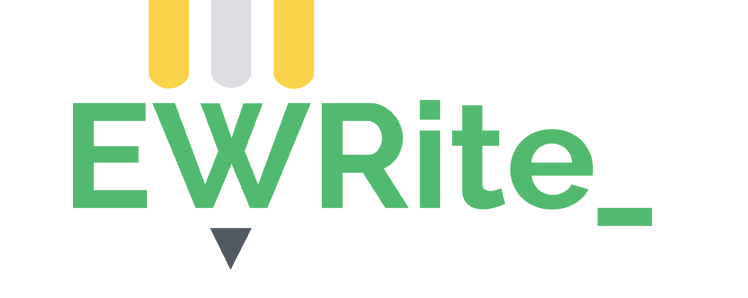6. Useful Resources
Writing reflective essays:
- A short guide to reflective writing, University of Birmingham:
https://intranet.birmingham.ac.uk/as/libraryservices/library/asc/documents/public/Short- Guide-Reflective-Writing.pdf - The structure of reflective writing, Monash University:
https://www.monash.edu/rlo/assignment-samples/education/education-reflective- writing/reflective-writing-structure - General tips for academic reflections, The University of Edinburgh:
https://www.ed.ac.uk/reflection/reflectors-toolkit/producing-reflections/academic- reflections/general-tips
Academic language:
- What is academic style? PolyU ELC: https://youtu.be/vfQFjFXRSkk
- Sentence starters, transition words and other useful words, Eastern Institute of Technology:
http://www2.eit.ac.nz/library/ls_guides_sentencestarters.html
Using sources, citations and referencing:
- Integration of sources in paragraphs, PolyU ELC: https://youtu.be/2Tt5zqkf4HM
- What is referencing?: https://youtu.be/GOv1xz7ddGY
- Referencing: https://elc.polyu.edu.hk/CILL/reference.aspx
- Research and citations, Purdue University:
https://owl.purdue.edu/owl/research_and_citation/resources.html
- Research and citations, Purdue University:
https://owl.purdue.edu/owl/research_and_citation/resources.html
References
Boud, D., Keogh, R., & Walker, D. (1985). Promoting reflection in learning: A model. In Boud, D.,
Keogh, R., & Walker, D. (Eds.), Reflection: Turning experience into learning (pp. 18-40). Taylor
& Francis.
Cottrell, S. (2017). Critical thinking skills (3rd ed.). Red Globe Press.
UTM Experiential Education Office, University of Toronto Mississauga. (n.d.). Reflective writing
UTM Experiential Education Office, University of Toronto Mississauga. (n.d.). Reflective
About this website
EWRite is an open access online literacy platform for PolyU community that has two major objectives:
- to support PolyU students’ literacy development within and across the disciplines
- to support subject and language teachers to implement system-level measures for integrating literacy-sensitive pedagogies across the university
This platform provides access to generic genre guides representing typical university assignments as well as links to subjects offered by faculties with specific disciplinary genres and relevant support materials.
The materials can be retrieved by students by choosing the genres that interest them on the landing page. Each set of materials includes a genre guide, genre video, and a genre checklist. The genre guide and video are to summarize the genres in two different ways (i.e. textual and dynamic) to fit different learning styles. The genre checklist is for students to self-regulate their writing process. The genre guide and checklist include links to various ELC resources that can provide further explanation to language items (e.g. hedging and academic vocabulary).
The platform also acts as a one-stop-shop for writing resources for students, language teachers and subject leaders. Information about the English Writing Requirement policy can also be found on this platform. There are training materials for new colleagues joining the EWR Liaison Team.


